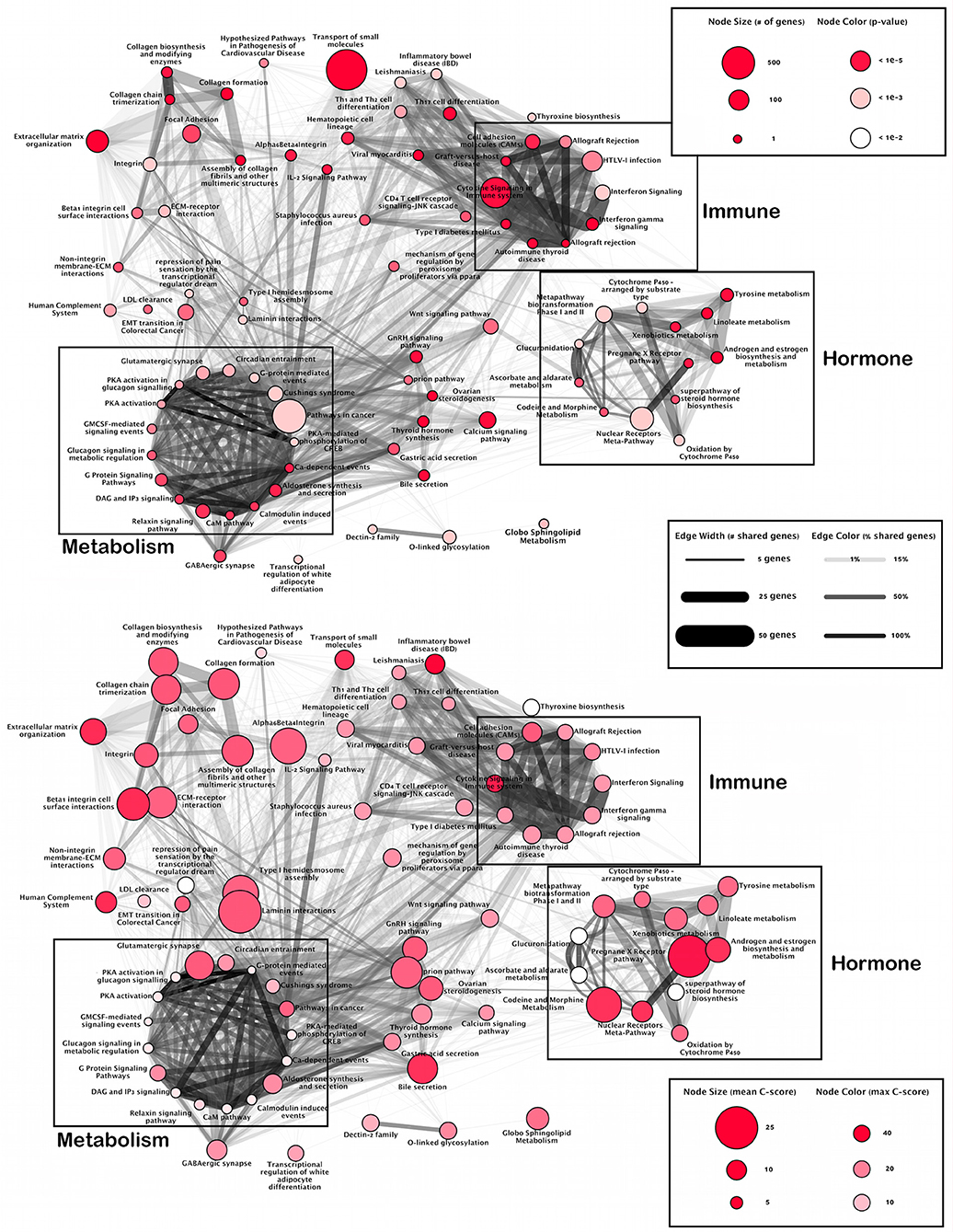Barry
Senior Member (Voting Rights)
Firstly, I am not at all qualified medically or scientifically, so this is purely my own uneducated thoughts.So I was just speaking to my partner who; is lovely but also goes through life with a much more cynical / “pessimistic” attitude than me, (opposites in ways!), in the sense that by doing that, he doesn’t get disappointed all the time and feel sad - as he says, expect nothing and then you won’t be sad. Which I totally understand especially if life is difficult.
Well, in his usual manner, he said “better not to be too excited just yet because what if it doesn’t show something, and then you might get too sad” And I got a bit deflated. Was wondering if anyone here could perhaps provide insight (ie reassure me... lol), that the study most likely show something... do we have preliminary results that show there likely is some sort of genetic signal in ME, already?
I would guess that if there really is a genetic predisposition to having ME/CFS, then there might be a good chance this study might identify it. If there isn't then of course there would be nothing to find. What I don't know is if it doesn't show anything, what the chances of a false negative might be - might there still be an undetected genetic predisposition even if the study did not show it. Is that something you might be able to find out @Andy - doesn't feel right for me to be bugging Chris Ponting about it at this time.

